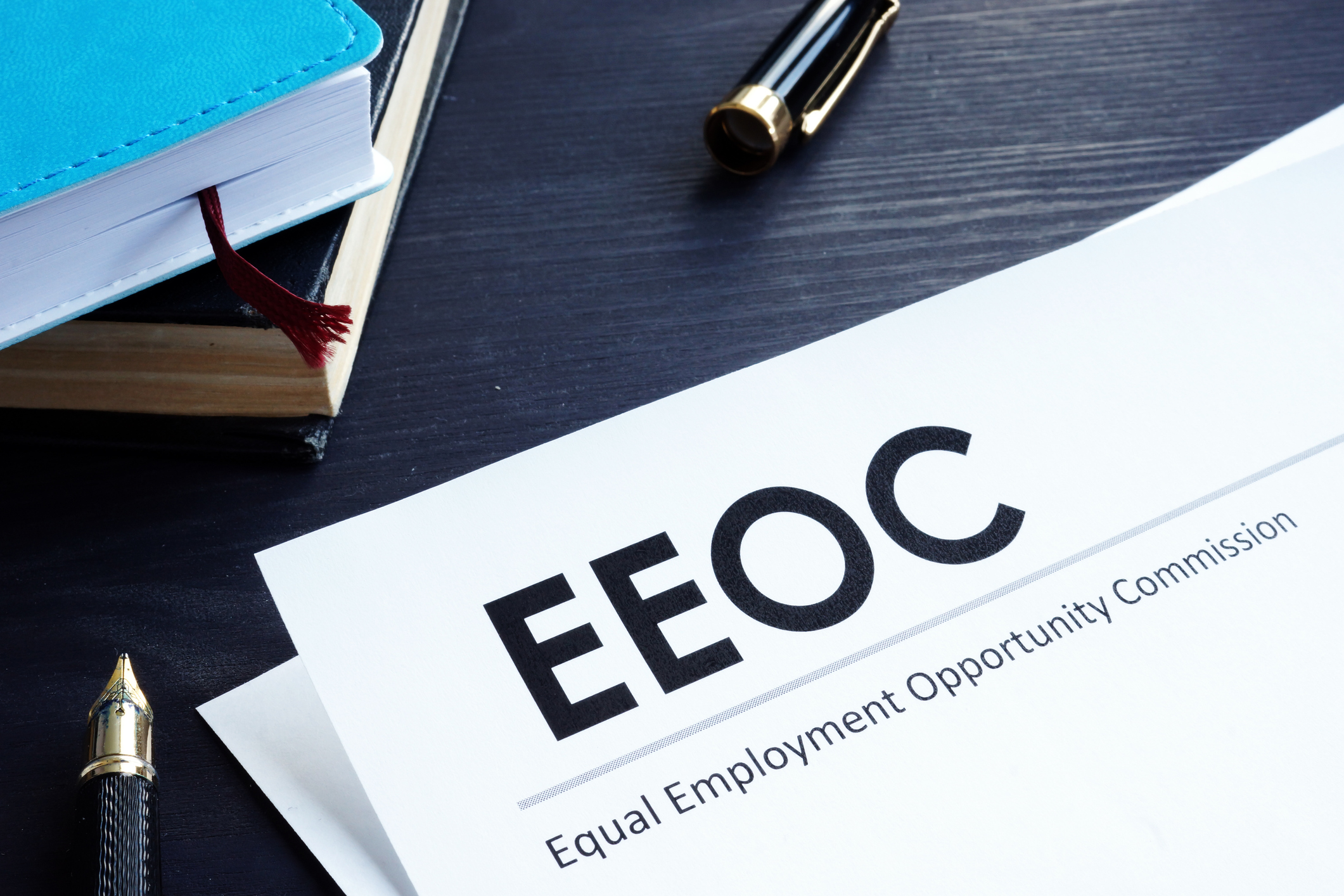This case involves a tragedy that may – or may not – have been avoidable. Either way, it wasn’t a good look for the company, and it shows how crucial it is to provide regular training to managers.
Pregnant worker started spotting at work
This case involves Walgreens Co., a national pharmacy and retailer, and a pregnant employee working as a customer sales associate in Louisiana.
In 2022, the pregnant employee had diabetes and hypoglycemia. She started spotting at work and asked to take emergency leave to seek medical attention, according to the EEOC’s lawsuit.
Although the store manager and team lead could have covered for the pregnant worker, the suit asserted, the store manager nonetheless told the woman that she couldn’t leave work until they found a colleague to replace her. They were unable to find a replacement.
The store manager then allegedly told the employee that she’d already asked for too many accommodations. At that point, the employee decided that she had no option but to resign so that she could seek immediate medical attention, per her doctor’s advice. She miscarried later that day.
EEOC files lawsuit
In the EEOC’s view, the alleged conduct violated Title VII of the Civil Rights Act and the Americans with Disabilities Act, which prohibit discrimination based on pregnancy-related conditions and disability, respectively. Both laws also prohibit retaliation, including retaliating for making reasonable accommodation requests.
The EEOC sued on the employee’s behalf.
“Employers must ensure that pregnant workers are afforded equal employment opportunities,” said Rudy Sustaita, regional attorney for the EEOC’s Houston District Office. “Employers must consider an employee’s request for reasonable accommodation, including a request for leave, and grant that request when it is not an undue hardship.”
“Miscarriages can be personally devastating. No one should have to choose between getting the pregnancy care they need and losing a job,” added Elizabeth Owen, a senior trial attorney in the EEOC’s New Orleans Field Office.
Company pays to settle lawsuit
The company agreed to pay $205,000 to the employee and provide additional relief. Under a two-year consent decree that applies to all Walgreens locations in 10 cities, the company must:
- Maintain and disseminate policies prohibiting discrimination based on pregnancy, pregnancy-related conditions, and retaliation
- Provide copies of the company’s anti-discrimination and anti-retaliation policies to employees
- Train employees and supervisors on pregnancy-related discrimination, reasonable accommodations, and the company’s anti-discrimination and anti-retaliation policies.
- Submit regular reports to EEOC detailing the pregnancy and disability discrimination complaints it receives.
Help for HR: Accommodations for pregnant workers
This incident occurred in 2022 — before the Pregnant Workers Fairness Act (PWFA) was passed. But if a similar incident were to happen today, it’s plausible to believe a lawsuit may also include PWFA claims.
As a reminder, under the PWFA, employers with 15 or more employees must engage in the interactive process with pregnant employees and make reasonable accommodations for pregnancy, childbirth and related medical conditions — as long as the accommodations do not pose an undue hardship on the employer.
Importantly, the PWFA is very narrow, focusing on accommodations, the EEOC has explained. The agency compiled a list of potentially reasonable accommodations for pregnant employees in the PWFA’s proposed regs.
It also outlined four accommodations that are almost always reasonable. They are:
- Allowing an employee to carry water and drink, as needed, in the employee’s work area
- Allowing an employee additional restroom breaks
- Allowing an employee whose work requires standing to sit and whose work requires sitting to stand, and
- Allowing an employee breaks as needed, to eat and drink.
Info: Walgreens Pays $205,000 in EEOC Pregnancy and Disability Discrimination Lawsuit, 3/15/24.


